With the statutory reservation provision more than one million rural women have now assumed Panchayat seats as member and one-third of them as chairperson in almost all States and Union Territories. The induction of women in Panchayat institutions is in sharp contrast to their representation in other political strata as well as in earlier Panchayat institutions. But the very integration of women has evoked conflicting waves—elation, euphoria particularly in print and public pronouncements and apprehension and even enmity in social and political parlance. This empirical study assesses social and political background of woman members in one district of West Bengal, evaluates various facets of their participation and role performance in Panchayat institutions, ascertains the nature of their social acceptability and informs both the positive and negative aspects of reservation policy for women. The study has brought forth few exclusive and absorbing features: woman members are not dummy or docile, their participation both at formal Panchayat process and informal levels is no less exalting. The study contents in the main that appraisal of women member’s Panchayat role performance and expectation of women’s development drives from them have essentially to be posited on the given social situation, political dynamics and functional expanse of Panchayats which are not pointedly propitious for women to realise any fervent social expectation.
Dynamics of Development and Discontent
$51.30
$57.00

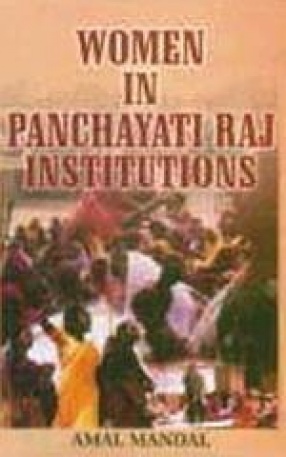
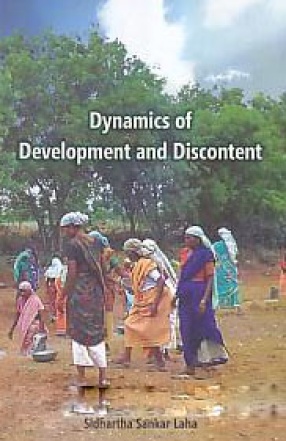
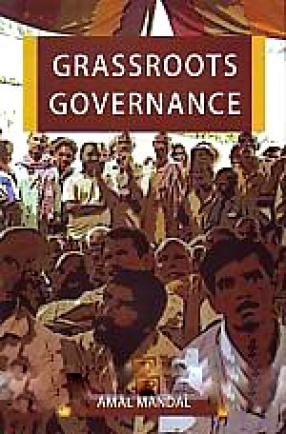
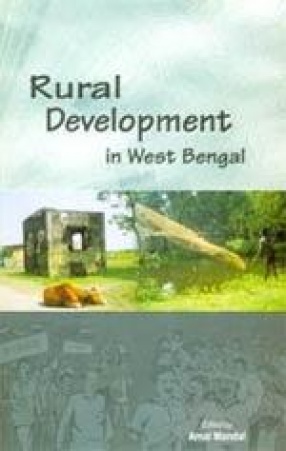
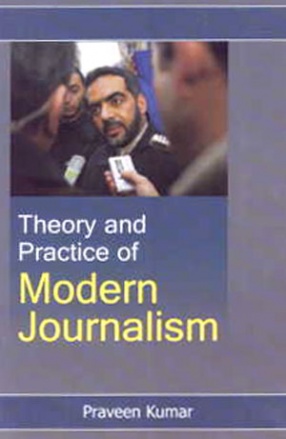
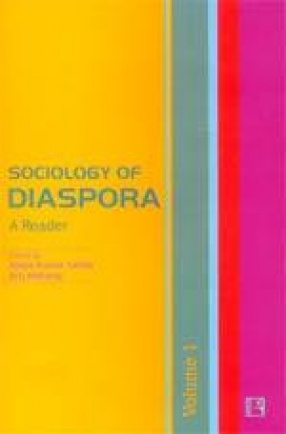
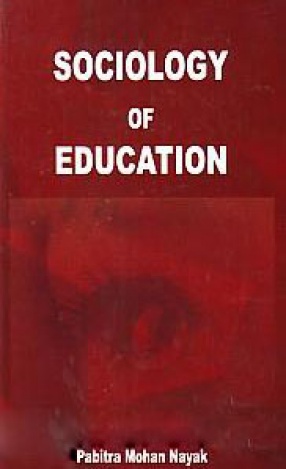
There are no reviews yet.